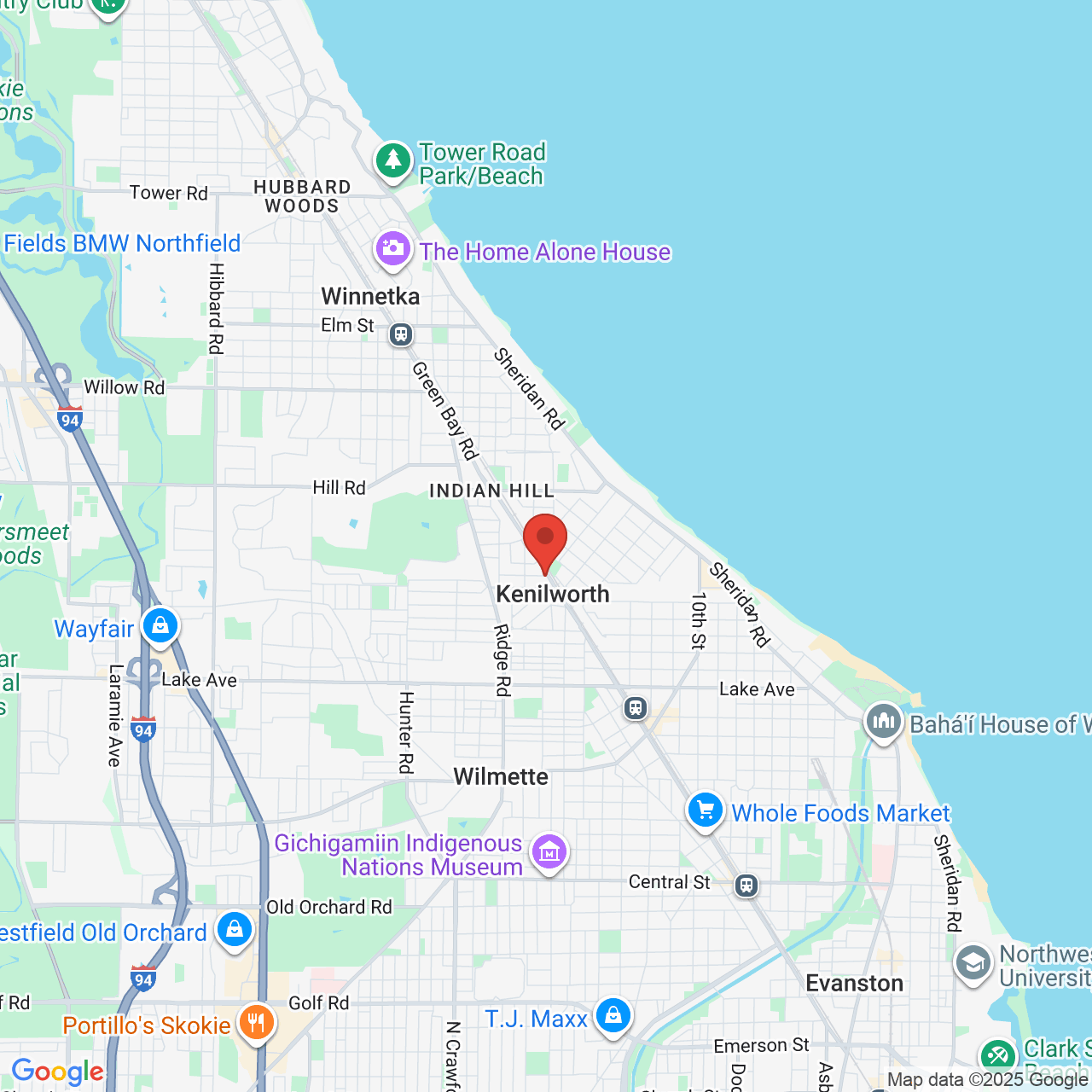Oral Cancer Screenings Detect the Disease In its Early Stages
Dr. Art Carpenter provides oral cancer screenings for all of our patients, making your health his number one priority. He uses the latest dental technology in order to catch this serious disease at its earliest stages. When detected early, patients have a much higher survival rate. At-risk patients should get screened regularly—typically at the time of their regular dental exam—to lower their risk of progression of the disease. Whether you know you are at risk or you are unsure, contact us online or call our our Kenilworth, IL, office at (847) 251-5004 today to schedule your next screening.
Who is at Risk for Oral Cancer?
Regular oral cancer screenings generally begin for patients at age 40. Patients with greater risk factors may begin receiving screenings earlier, though. At-risk patients include those:
- With a family history of oral cancer
- Who have had frequent unprotected sun exposure
- Who use tobacco products regularly, even smokeless forms
- Who drink alcohol heavily
Because of the difficulty in recognizing oral cancer without a professional exam, it is vital that you receive regular screenings. Earlier diagnosis can prevent this condition from spreading and developing beyond treatment.
How Does Oral Cancer Develop?
Oral cancer can affect several areas of the mouth, including the tongue, inner and outer lips, throat, salivary glands, and even the sinuses. Initially, the condition may start as a minor growth that causes no pain. It can lead to a sore throat, which patients may equate to a cold or allergies rather than something more serious. You may notice red or white patches in the mouth or develop sores that do not heal. Because of the difficulty in recognizing oral cancer without a professional exam, it is vital that you receive regular screenings. Earlier diagnosis can prevent this condition from spreading and developing beyond treatment.
What Happens During the Oral Cancer Screening Process?
The oral cancer screening process begins with Dr. Carpenter thoroughly reviewing your medical history. He will also discuss your use of alcohol and tobacco so he can better determine your risk level. After discussing these factors with you, he will begin the physical examination. He will examine your lips, tongue, cheeks, gums, and throat for:
- Red or white sores
- Rough patches or lumps
- Tenderness or pain in particular areas
- Unexplained bleeding
In its earliest stages, when we ideally want to catch it, oral cancer is not always visible to the naked eye. As such, Dr. Carpenter uses the VELscope® system. This handheld instrument can detect abnormalities that he cannot see during a physical examination.

If Dr. Carpenter finds any signs of oral cancer, he can take a sample for a biopsy or refer you to a specialist. A biopsy and visits with a specialist can then do a biopsy to determine if it truly is cancer. If it is, you can start treatment right away to halt the disease and prevent it from progressing or spreading.
Can Oral Cancer be Prevented?
There are steps you can take to lower your risk of developing oral cancer. Limiting your consumption of alcohol and quitting the use of any tobacco products (or never using them to begin with) can all lower your risk. You should also limit unprotected sun exposure. Wear sunscreen any time you plan to spend time outdoors and reapply as needed. A healthy diet overall can also prevent oral cancer.
Schedule a Screening Today
If you are over the age of 40 or use tobacco products, you should start getting regular oral cancer screenings. Contact our office online or call us at (847) 251-5004 today.






